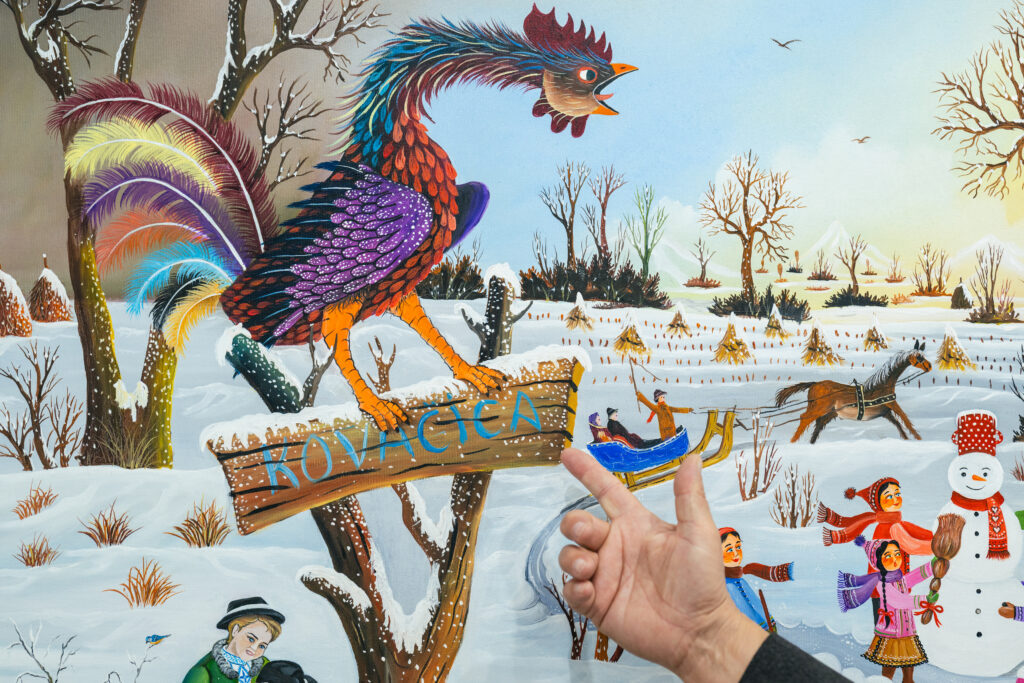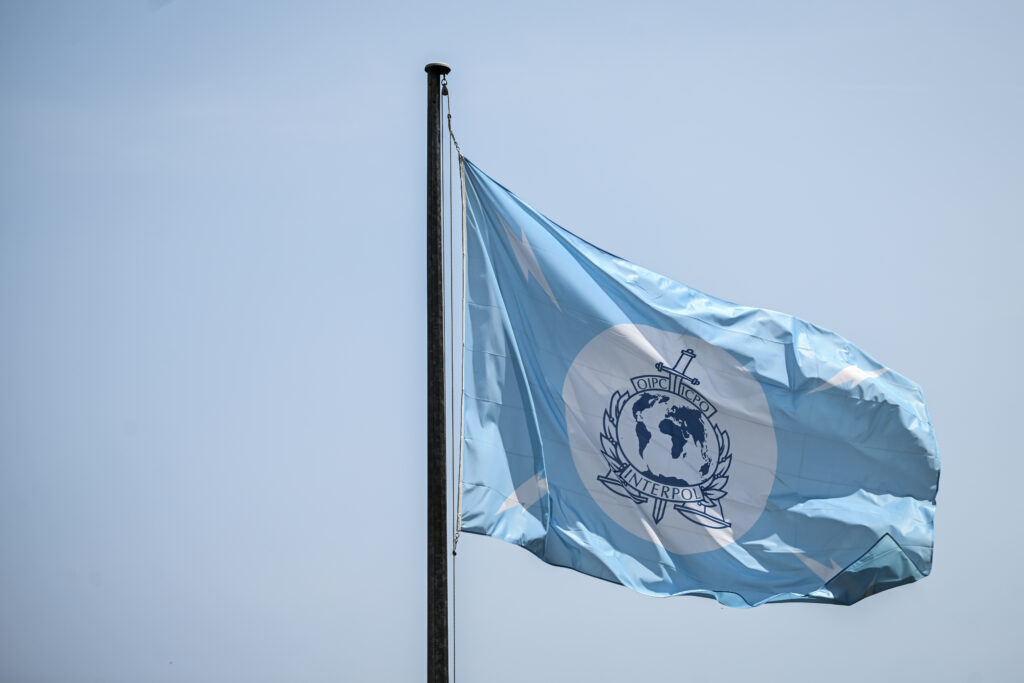National Guard shooting suspect served alongside US army in Afghanistan: US media
A man suspected of shooting two National Guard soldiers near the White House was an Afghan national who had served alongside American troops in Afghanistan, US media reported Wednesday, as Washington labelled the incident an “act of terror.”Rahmanullah Lakanwal, 29, opened fire and wounded the soldiers on patrol Wednesday afternoon, before he was shot and hospitalized, The New York Times, CBS, NBC and others reported.Without naming him, US Homeland Security Secretary Kristi Noem said on social media that the suspect “was one of the many unvetted, mass paroled into the United States under Operation Allies Welcome”.The program, launched by former president Joe Biden, offered vulnerable Afghans, including those who served alongside US forces, the chance to resettle in the United States after the return of the Taliban government.More than 190,000 Afghans have been resettled to the United States since the Taliban takeover, according to the US State Department.NBC quoted a relative of the suspect, who said Lakanwal arrived in the United States in September 2021 having served in the Afghan army for 10 years alongside US Special Forces, largely based in Kandahar — the historic birthplace of the Taliban and the heart of heavy fighting during the 20-year war between the then-insurgents and foreign-backed forces.Fox News, citing CIA chief John Ratcliffe, said Lakanwal worked with various US government entities, including the intelligence service.Lakanwal applied for asylum in 2024, which was granted in 2025, CNN and CBS reported, citing public security authorities.US President Donald Trump said that the suspect was an Afghan who arrived in the United States in 2021 “on those infamous flights,” referring to the evacuations of Afghans as the Taliban took over the war-torn country following the US retreat.Soon after Trump’s address, the US Citizenship and Immigration Services suspended all Afghan applications indefinitely.- Controversial military use -Trump condemned the shooting as “an act of evil, an act of hatred and an act of terror,” calling it a “crime against our entire nation.”The shocking attack, carried out early afternoon when the streets and offices of downtown Washington were bustling, has renewed focus on Trump’s controversial militarization of an anti-crime push around the country.The president has deployed troops to several cities, all run by Democrats, including Washington, Los Angeles and Memphis. The deployments have prompted multiple lawsuits and protests from local officials who accuse the Republican of seeking authoritarian powers.Trump’s statement also indicated that his equally controversial drive to root out migrants in the country illegally — the core of his domestic agenda — will get new impetus.”We must now reexamine every single alien who has entered our country from Afghanistan” under Biden, he wrote.”We must take all necessary measures to ensure the removal of any alien from any country who does not belong here, or add benefit to our country if they can’t love our country, we don’t want them.”Vice President JD Vance echoed the statement saying “we must redouble our efforts to deport people with no right to be in our country.”- ‘Ambushed’ -Jeffery Carroll, assistant chief of the Washington police, said the gunman “ambushed” his victims.He “came around the corner, raised his arm with a firearm and discharged at the National Guard members.”FBI Director Kash Patel said the two Guard members were in “critical condition.”Trump said earlier on social media the suspect was “also severely wounded, but regardless, will pay a very steep price.”An AFP reporter near the scene heard several loud pops and saw people running.Dozens of bystanders were caught up in the chaos.”We heard gunshots. We were waiting at the traffic light and there were several shots,” said Angela Perry, 42, who was driving home with her two children. “You could see National Guard running toward the metro with their weapons drawn.”Soon after the shootings, security agents flooded the area. Officers carrying rifles stood guard behind yellow tape at the perimeter as a helicopter circled overhead.An AFP reporter saw emergency crews running with a wheeled stretcher and shortly after emerging with a casualty wearing camouflage, who was loaded into an ambulance.- Safety and vetting -AfghanEvac, a group that helped resettle Afghans in the US after Washington’s withdrawal, said they undergo “some of the most extensive security vetting” of any migrants.”This individual’s isolated and violent act should not be used as an excuse to define or diminish an entire community,” said its president, Shawn VanDiver.Washington’s government buildings are heavily guarded, but the city isn’t immune to serious street crime.Trump made it a showcase for his decision to deploy National Guard soldiers — in camouflage and occasionally carrying rifles.In the wake of Wednesday’s shooting, Defense Secretary Pete Hegseth announced 500 more troops would deploy to Washington, bringing the total to 2,500.A federal judge ruled last Thursday that Trump’s deployment of National Guard troops in the US capital was unlawful.







